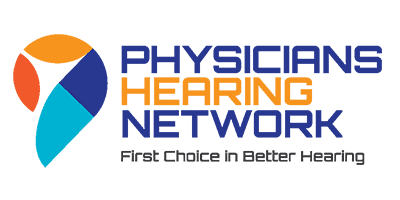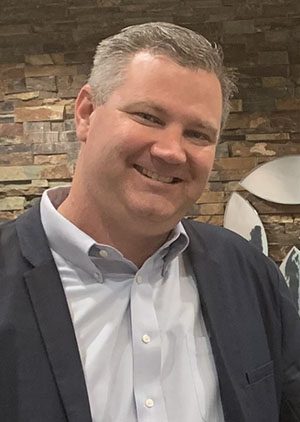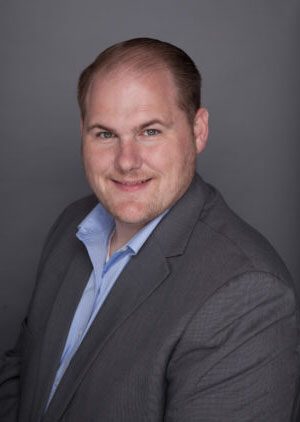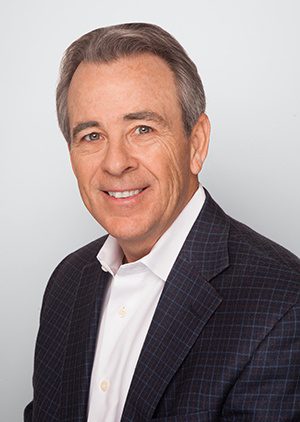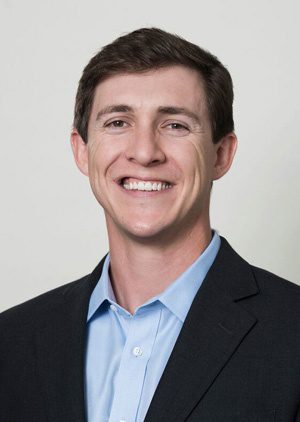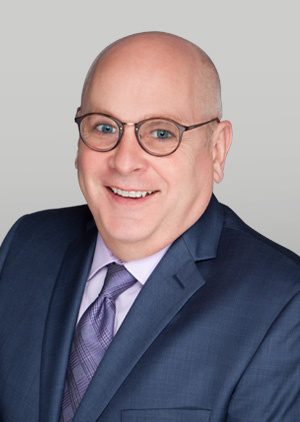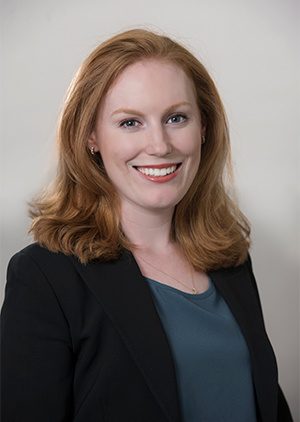Effective Hearing Loss Screening in Primary Care: The Early Auditory Referral-Primary Care Study
Hearing loss affects over 30% of those aged ≥55 years, with over one-half suffering morbidity that includes reduced quality of life.1–14 Untreated hearing loss is a major risk factor for substantial health conditions (hypertension, diabetes, dementia, depression)2–4,10,11,15–22 as well as increased health care cost and use.23–26 Patients with hearing loss are reluctant to reveal it, and most non-otolaryngologist physicians provide inadequate hearing care to these patients. It is a condition physicians often do not suspect, are uncomfortable with, or consider unimportant despite growing recognition of its impact on health.27,28 In fact, 75% of hearing loss remains underdiagnosed and undertreated.27–30
Common screening tests can effectively identify patients with hearing loss,15,31–33 yet physicians rarely use them.7 Primary care physicians, the vanguard for screening and prevention, juggle multiple office demands ranging from treating ill patients to addressing quality metrics;34,35 thus implementing new interventions, regardless of importance, is hard.35–38 Other barriers to screening are poor understanding of hearing loss, optimal screening, counseling, and referral approaches.3,6,27,29,30,39 Despite effective treatments being available, there are multiple barriers that reduce the likelihood of screening in the primary care setting. Most patients are reluctant to reveal their hearing loss.40–43 However, those with established primary care physicians, if asked, will discuss their hearing and often follow treatment recommendations that are known to be effective.27,30,32,39,40,44
